
minerals, e.g. quartz, zeolite minerals, calcite, opal, etc. and then it is called amygdaloidal (a-mig-duh-loy-dal) basalt. The name may have originated with Pliny who used the Ethiopian word basal for iron-bearing rocks. (*) Basalt - extrusive Gases released near the surface of a lava flow create bubbles or vesicles that are “frozen” in stone.
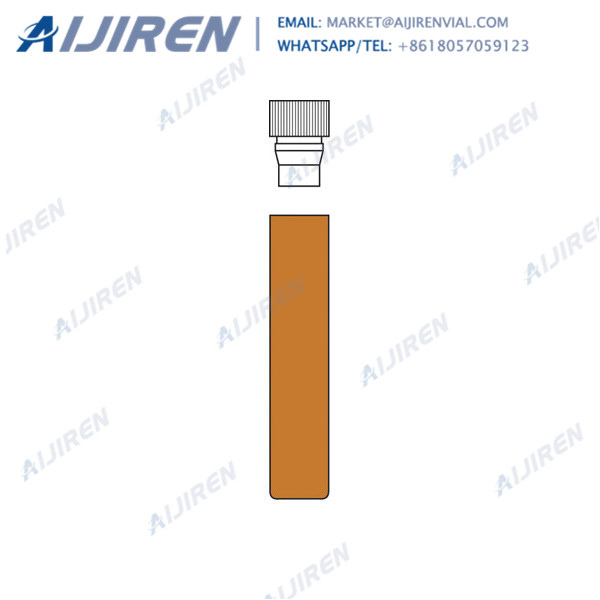
Nov 09, 2021 · Florida Geological Survey_DEP Staff_Agatized Coral with Quartz.jpg In 1979 the Florida Legislature designated agatized coral as the Florida State Stone. It is described in the statute as a chalcedony pseudomorph after coral, appearing as limestone geodes lined with botryoidal agate or quartz crystals and drusy quartz fingers, indigenous to Florida.
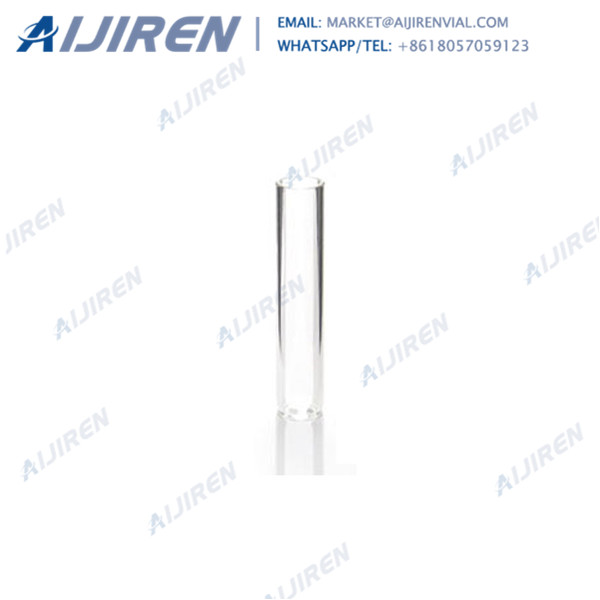
mineral, with a hardness of 3.5 - 4.0. For comparison, an iron nail has a hardness around 4.0, compared to glass (about 5.5) or a fingernail (about 2.5). Deposits of malachite found in eastern Egypt may be the source of malachite used in ancient Egypt to produce green pigment as early as the sixth century BCE, where the pigment was used to

Minerals are materials that meet five requirements. They are: 1) naturally occurring, 2) inorganic, 3) solids, 4) with a definite chemical composition, and, 5) an ordered internal structure.

Minerals are naturally occurring, inorganic, solids with a specific chemical formula and atomic arrangement. Minerals are classified based on characteristics such as hardness and crystal shape (e.g., hexagonal, cubic). An example is Quartz – Silicon dioxide (SiO 2). Quartz is the most common mineral in the Earth's crust.
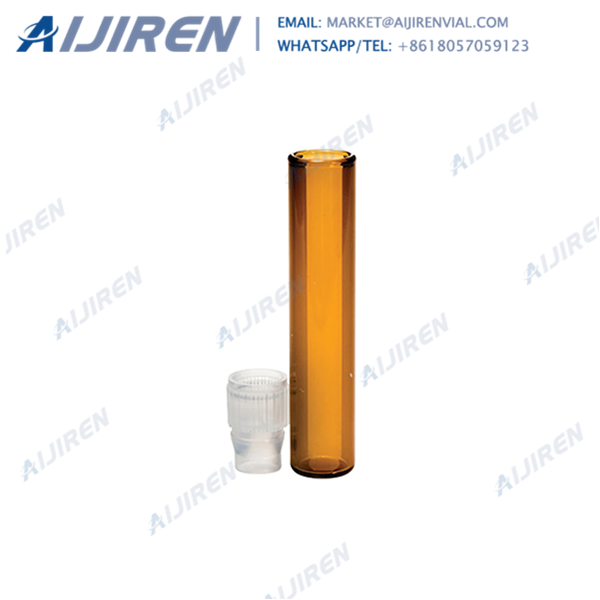
minerals. Used as a hardening alloy for lead, especially storage batteries and cable sheaths; also used in bearing metal, type metal, solder, collapsible tubes and foil, sheet and pipes and semiconductor technology. Antimony is used as a flame retardant, in fireworks, and in antimony salts are used in the rubber, chemical and textile industries,

Charcoal or carbon as it is often called is one of the most abundant elements on earth. The most common forms of carbon are coal, coconut shell, wood, peat and lignite. The charcoal we use in our test vials is made from coconut shells. No trees are damaged in the process, and the husks are not a food-source.

Sep 28, 2021 · Applications for Standard Filter Vials include filtration of catalysts from organic and medicinal chemistry synthesis reactions, saccharide analysis in corn syrup, and in-vial protein precipitation. Products specifications. Type. PTFE (polytetrafluoroethylene) Particle Size. 0.2 um. QTY. 100/pk. Catalog Page Number.
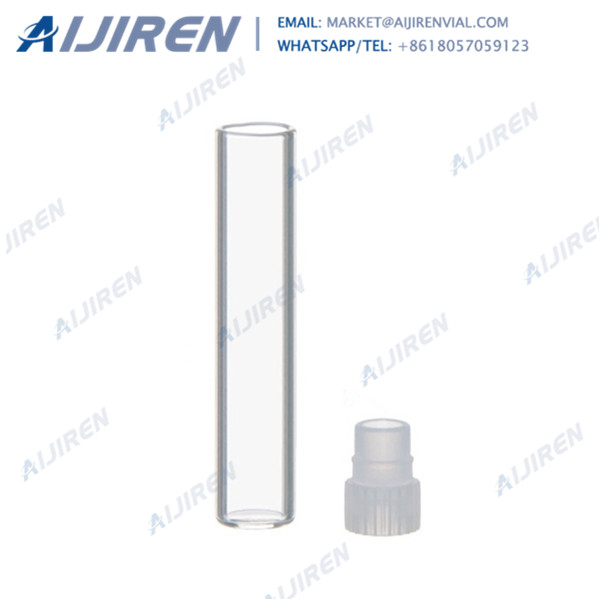
Ammonite shell made of calcium carbonate Many organisms build bones, shells, and body coverings by extracting ions from water and precipitating minerals biologically. The most common mineral precipitated by organisms is calcite, or calcium carbonate (CaCO3). Calcite is often precipitated by organisms as a polymorph called aragonite.

Jun 01, 2021 · Preparation of Shell Vials. Shell vials are either prepared by adding a round coverslip to the bottom of shell vial, covering them with normal growth medium, and adding appropriate cells or purchased with the monolayer already formed. MRC-5 (Human Fibroblast cells) is used as a cell line in shell vial culture. Uses. Rapidity achieved without compromise in sensitivity has made shell vial cell culture an important technique in diagnostic virology.
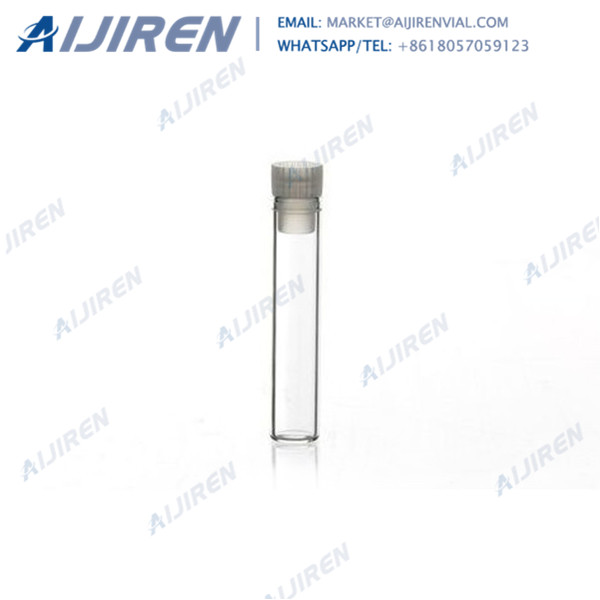
2ml HPLC Vial Manufacturers, Suppliers, Factory, Wholesale Common use 250ul micro insert vial price Thermo Fisher Free sample IP250 2ml vial insert 10-425 HPLC vials Waters Flat bottom 0.2ml hplc insert price Aijiren Conical 0.3mL autosampler vial inserts supplier Aijiren Wholesales 0.3mL hplc vial inserts manufacturer Chrominex Free sample 10-425 screw top 2ml vials with pp cap 2ml PP Scr

Simply place the cap on the lip of the left side of the Qorpak Cap Measurer with the notch flush against the cap inner wall. Read your measurement at the opposite cap inner wall. Measurements are shown in millimeters. This is also commonly called the "T" dimension. To measure a bottle neck opening diameter, measure the diameter of the outermost

Aug 02, 2020 · Shale is the most common sedimentary rock, accounting for about 70 percent of the rock found in the Earth's crust. It is a fine-grained clastic sedimentary rock made of compacted mud consisting of clay and tiny particles of quartz, calcite, mica, pyrite, other minerals, and organic compounds. Shale occurs worldwide wherever water exists or once
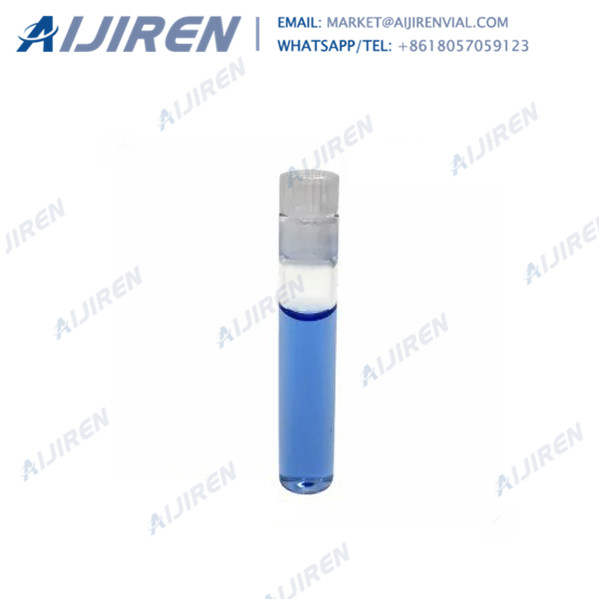
Charcoal or carbon as it is often called is one of the most abundant elements on earth. The most common forms of carbon are coal, coconut shell, wood, peat and lignite. The charcoal we use in our test vials is made from coconut shells. No trees are damaged in the process, and the husks are not a food-source.

minerals are uranyl phosphate solids that rich in are phosphorus , which is a nutrient for common microorganism s present in the soil. Recent investigations studied the interacti ons of aerobic microbes on the stability of uranyl phosphates minerals and their effects on the